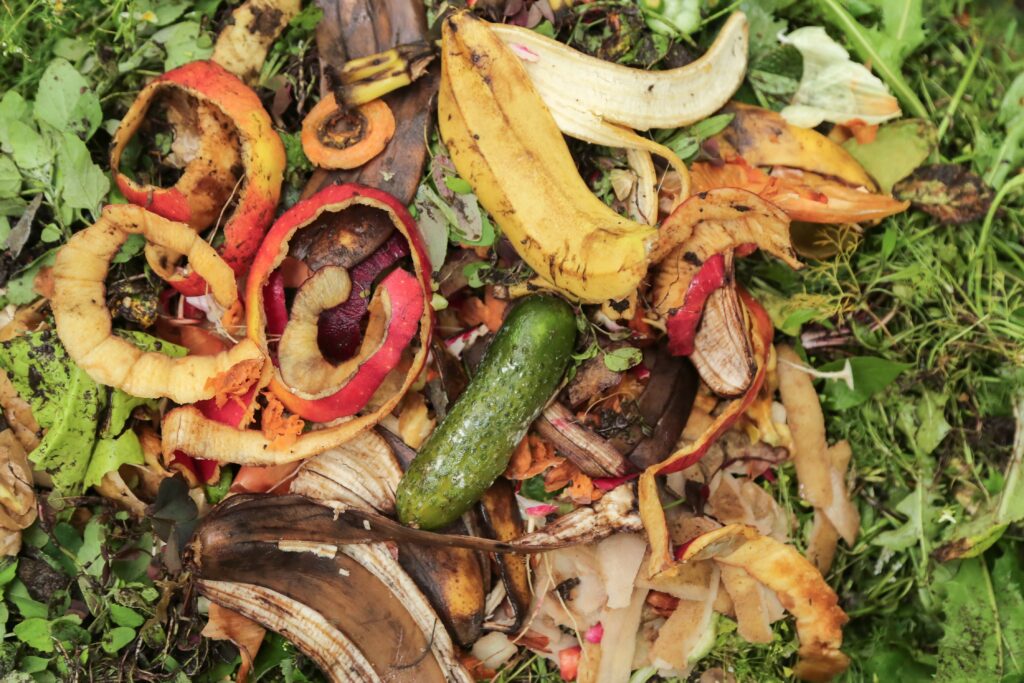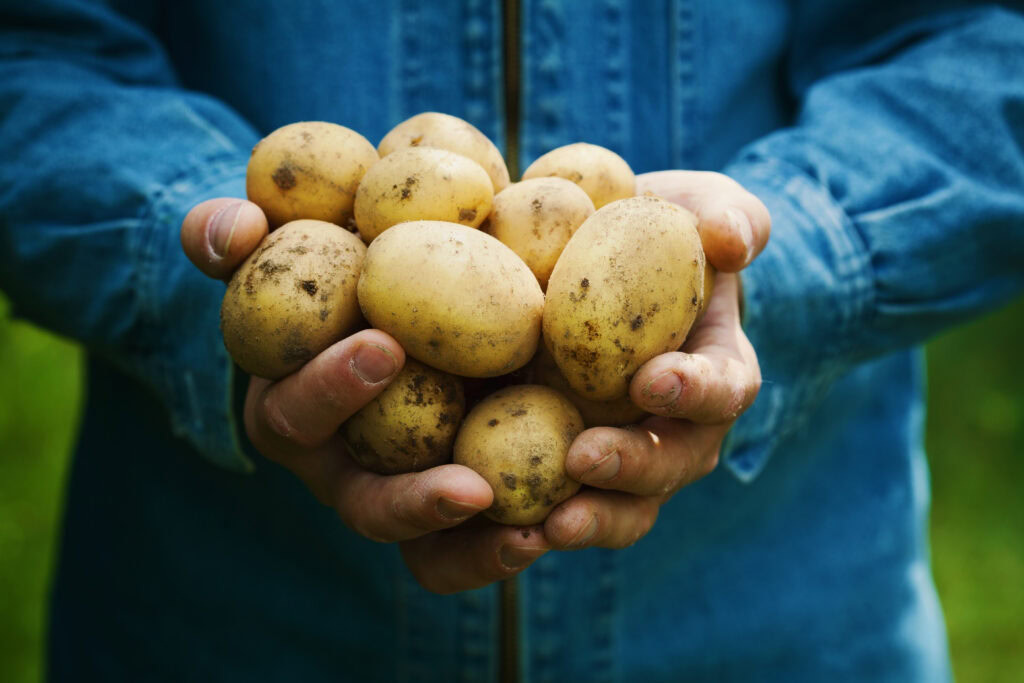With the assistance of environmental consultancy firm Aardvark EM, BAA has finished the first stage of its trials into an on-site composting operation for the 2,000 tonnes of grass it cuts each year at Stansted Airport. The resulting compost will be used on the same site it originally came from. BAA is now planning to role out this composting scheme to cover the 1,000 hectares of grass at its airports.
Regulatory body, the Civil Aviation Authority requires airport operators to prevent birds and insects foraging and nesting by maintaining grass by its runways. This grass must be kept at a specified thickness and height with a spiky consistency. To maintain its grassy areas, the grass is cut regularly. Once a year the BAA carries out a 'b;ottoming out' operation, which involves removing the build-up of thatch from the grass cutting.
David Mulholland, group landscape manager at BAA Property, said: “Aardvark has initiated an excellent waste handling programme both environmentally and financially. Disposing of the cut grass has been a real challenge for many years.”
Previously, the grass was removed for disposal but now Stansted Airport has a Le Bouche 4100 compost windrow turner which will be used in the compost production. The 4m wide and 2m high windrows are turned regularly and the temperature reaches 60 degrees Celsius. The windrows are monitored daily for temperature and moisture and samples are taken regularly for chemical analysis.
The on-site compost project at Stansted Airport has exemptions and permission from the Environment Agency and local planners. The compost resulting from the system is used on the grassy areas by the runways, promoting the required growth and reducing the need for artificial fertilisers.
Mr Mulholland added: “The system will now recycle grass and green waste from the grounds maintenance operations back to our own sites. This represents significant environmental benefits, in terms of recycling, and reducing our use of chemical fertilisers.
“Furthermore, with fewer and shorter vehicle movements and the processing of this material by aerobic rather than anaerobic means we also anticipate reduced emissions of green house gases – we now plan to roll this out across all our airports.”






Subscribe for free